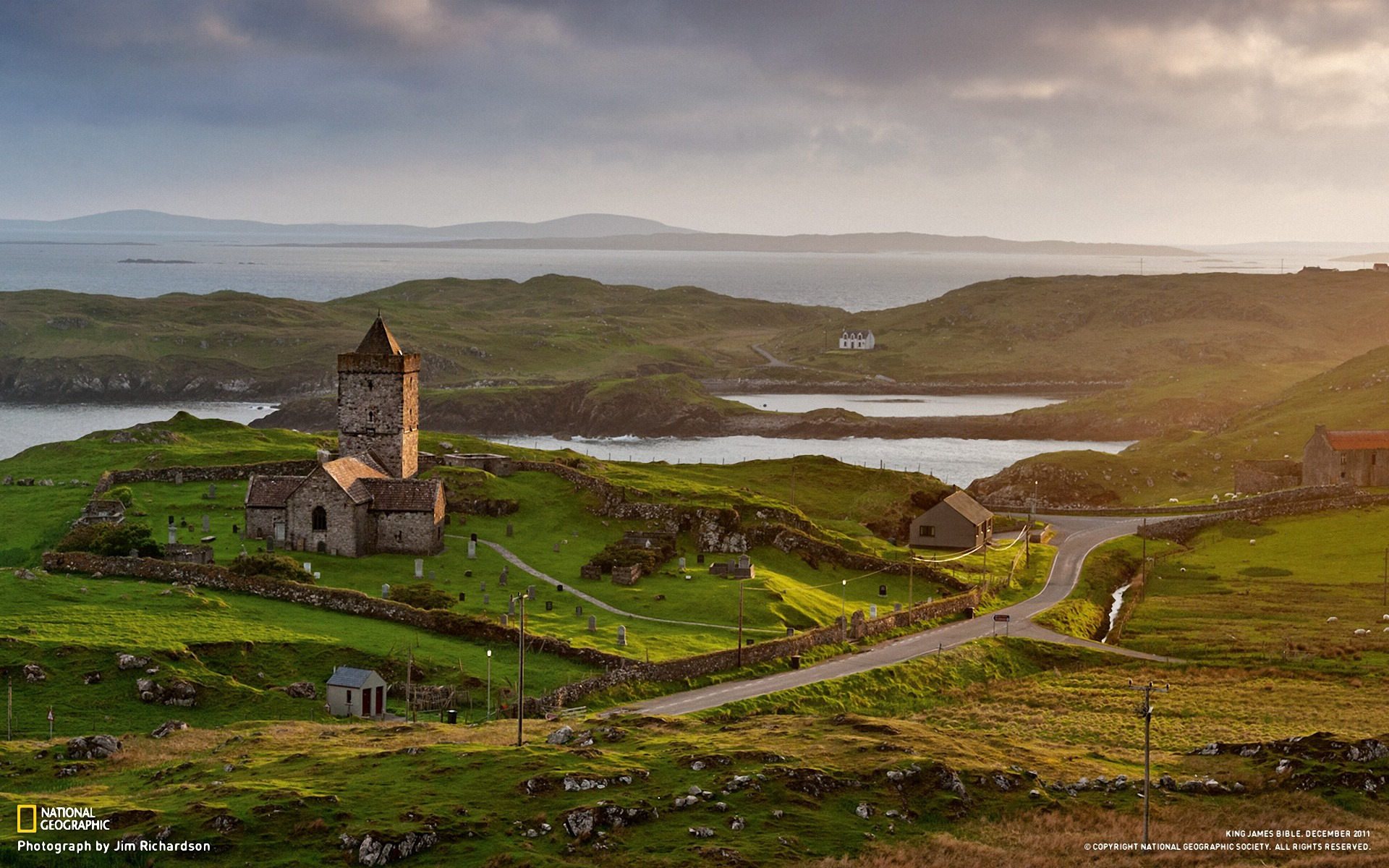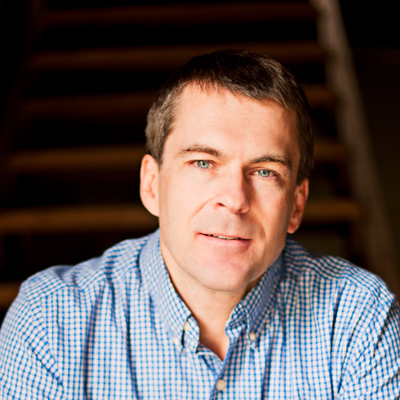
When you attend a funeral and hear a eulogy, David Brooks recently wrote, what people tend to talk about is not the deceased’s accomplishments but rather their character. “Eulogies aren’t résumés. They describe the person’s care, wisdom, truthfulness and courage. They describe the million little moral judgments that emanate from that inner region.” This sort of growth in wisdom doesn’t just happen, he adds. It requires cultivation. The educator’s task is thus “to cultivate this ground—imposing intellectual order upon it, educating the emotions with art in order to refine it, offering inspiring exemplars to get it properly oriented.” Here at Chesterton House, we offered graduating seniors in the Class of 2014 a brief meditation on Brooks’s contrast between “the way of the resume” and “the way of the eulogy.”
The last four years, we said, have been largely about your resume—what job you will land, what grad school you might attend, or what starting salary you hope to negotiate. It’s not easy to get off this treadmill or outside this frame of reference. Now more than ever everyone is asking, ‘what are you going to do?’
Brooks’s column raises important questions about the relationship of our work to our person—questions similar to those raised many years ago by Thomas Merton in No Man Is an Island:
“It is useless to try to make peace with ourselves by being pleased with everything we have done. In order to settle down in the quiet of our own being we must learn to be detached from the results of our own activity. We must withdraw ourselves, to some extent, from the effects that are beyond our control and be content with the good will and the work that are the quiet expression of our inner life. We must be content to live without watching ourselves live, to work without expecting any immediate reward, to love without an instantaneous satisfaction, and to exist without any special recognition.
It is only when we are detached from ourselves that we can be at peace with ourselves. We cannot achieve greatness unless we lose all interest in being great. For our own idea of greatness is illusory, and if we pay too much attention to it we will be lured out of the peace and stability of the being God gave us as we seek to live a myth we have created for ourselves. It is, therefore, a very great thing to be little, which is to say, to be ourselves. And when we are truly ourselves we lose most of the futile self-consciousness that keeps us constantly comparing ourselves with others in order to see how big we are.
Our Christian destiny is, in fact, a great one: but we cannot achieve greatness unless we lose all interest in being great.” (The Abbey of Our Lady of Gethsemani, 1955)
And so we asked students, not ‘what are going to do?’ but ‘who are you going to be?’ What would it look like for you to value character as much or more than achievement? Or, put differently, what will be said about you in your eulogy?
There is surely no one right answer to these questions, but given the difficulty young people have making commitments to institutions that serve as carriers of faith such as church and marriage, one piece of advice we offered was to embrace place. Whether Manhattan or Madagascar (one of our students is going there to study lemurs!), look for places you can live for at least a few years at a time.
The way of the resume says place doesn’t matter because it’s a means to an end. What matters most is simply the job, the internship, or the experience. In part for this reason, you are members of the most mobile and transient generation in the history of the world.
If place is merely a means to an end, however, the same will soon be true of the persons of that place, who will eventually be reduced to “contacts.” At this point, what matters most has been turned upside down. Recall also that in Scripture wandering is a curse. When in Genesis 4 Cain kills Abel, God tells Cain, “You shall be a wanderer.” Cain will not settle or dwell. He will have no rest, no peace, no home. In short, no shalom.
Swiss psychologist Paul Tournier observed the “curse” of wandering in everyday life. Whereas children from happy homes tend find a warm welcome wherever they go, he said, the child from an unhappy home “looks everywhere for some other place, leading a wandering existence, incapable of settling down anywhere.” Of unhappy persons, Tournier says, “the whirl of activities with which they fill their lives is a compensation for a profound dissatisfaction in regard to the quality of life they are living.” (A Place For You, Harper & Row, 1968) (Perhaps it is one of the strangest achievements of modernity that wandering has become a virtue!)
And so we invited the Class of 2014 to meditate on this profound connection between transience and dissatisfaction in light of faith in Jesus Christ. Whereas the way of the resume wants to make your work a stairway to heaven, Jesus surprises us and manifests heaven on earth before our very eyes (Col 1). The result is that we are free. Our person enjoys a degree of detachment from our performance, and our work emanates not from compulsion but from our identity as adopted children of God.
In keeping with Brooks’s observation that character requires cultivation, Chesterton House implements this vision of vocation through both courses and residential living-learning centers. One of the courses we will offer in the fall is “Identity, Community, and Vocation.” And our residential communities for men and women are designed to be places where students can experience real relationship, true community, and the freedom that comes from grounding one’s identity in the person and work of Jesus Christ.


